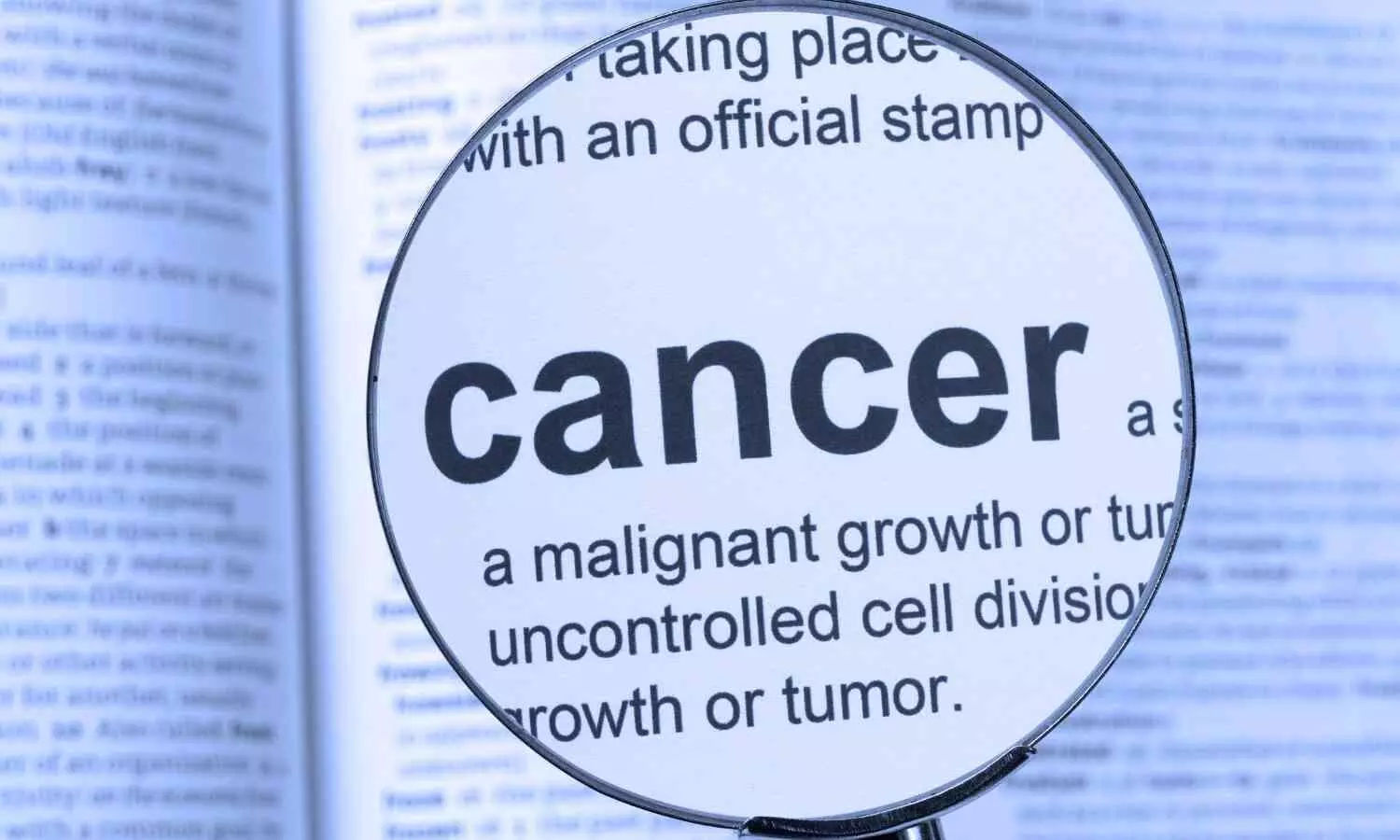Over 14.6 Cr Women Screened for Breast Cancer, 9 Cr for Cervical Cancer: Nadda

New Delhi: More than 14.6 crore women across India have been screened for breast cancer, while over nine crore have undergone screening for cervical cancer, Union Health Minister J P Nadda informed the Lok Sabha in a written response. According to data from the National Non-Communicable Diseases (NCD) Portal, 57,184 women have been diagnosed with breast cancer, and 50,612 are currently undergoing treatment. Similarly, 96,747 women have been diagnosed with cervical cancer, with 86,196 receiving medical care.
The National NCD Portal, launched in 2018 under the National Programme for Prevention and Control of Non-Communicable Diseases (NP-NCD), serves as a central platform for screening, managing, and ensuring continuity of care for major NCDs, including breast and cervical cancer. The NP-NCD, introduced in 2010 by the Department of Health and Family Welfare, aims to curb the growing burden of NCDs by enhancing healthcare infrastructure, training healthcare personnel, promoting early diagnosis, ensuring appropriate referrals, and strengthening treatment facilities. The initiative targets five common NCDs—hypertension, diabetes, oral cancer, breast cancer, and cervical cancer—while also focusing on health promotion and awareness generation.
Under the programme, the government has established 770 district NCD clinics, 233 cardiac care units (CCUs), 372 district daycare centers, and 6,410 NCD clinics at community health centers nationwide. Additionally, the Department of Health and Family Welfare provides technical and financial assistance to states and Union Territories under NP-NCD as part of the National Health Mission (NHM). The initiative emphasizes infrastructure development, early diagnosis, referrals to appropriate healthcare facilities, and promoting awareness about the prevention and management of NCDs, Nadda said.
The Accredited Social Health Activist (ASHA) workers play a crucial role in this effort, administering the Community-Based Assessment Checklist (CBAC) for individuals aged 30 years and above. This risk assessment tool helps identify high-risk individuals, who are then referred for screening of common NCDs as part of comprehensive primary healthcare under NHM. With these initiatives, the government aims to expand access to timely screenings, early interventions, and improved treatment for NCDs, thereby reducing morbidity and mortality associated with these diseases.


